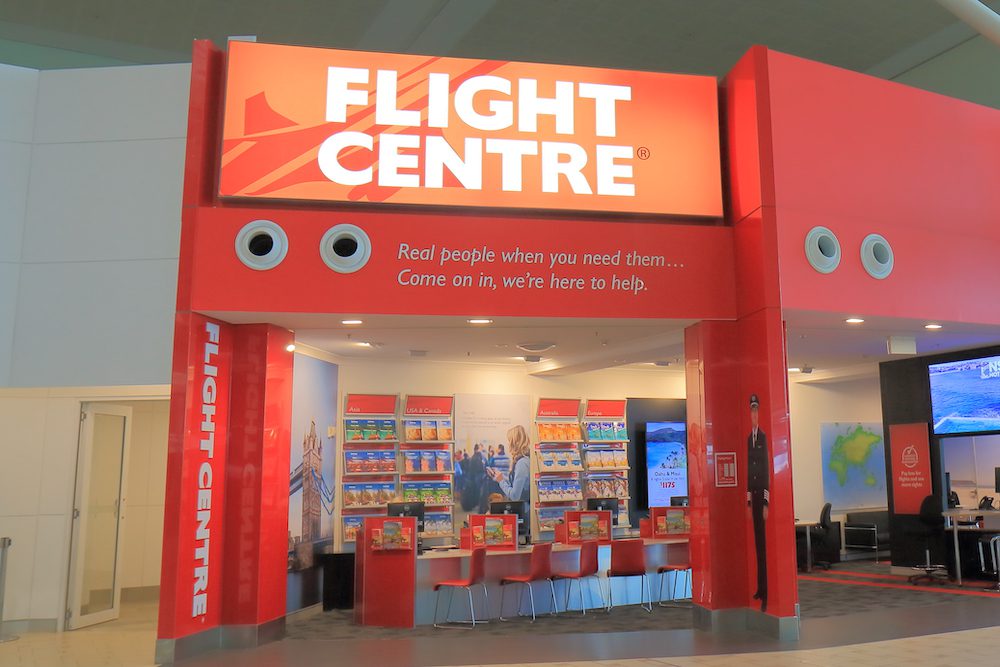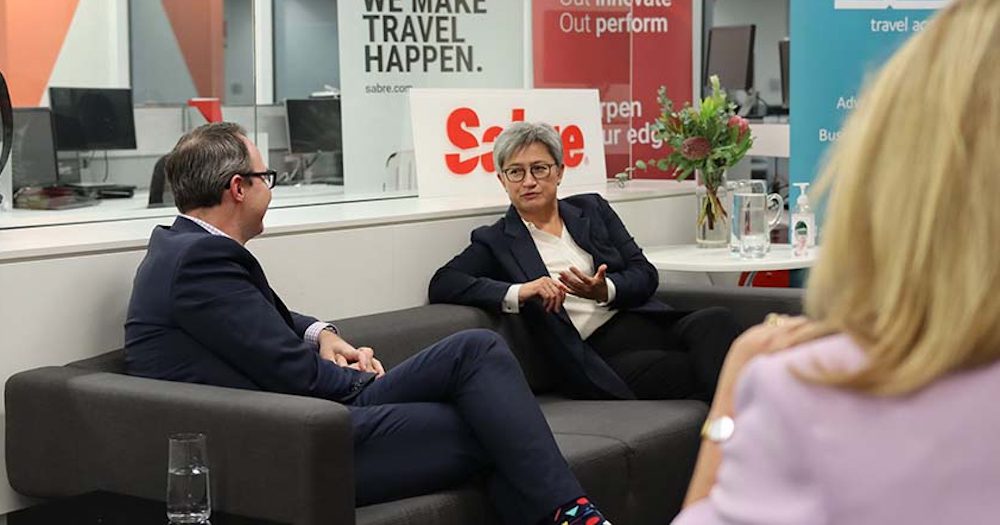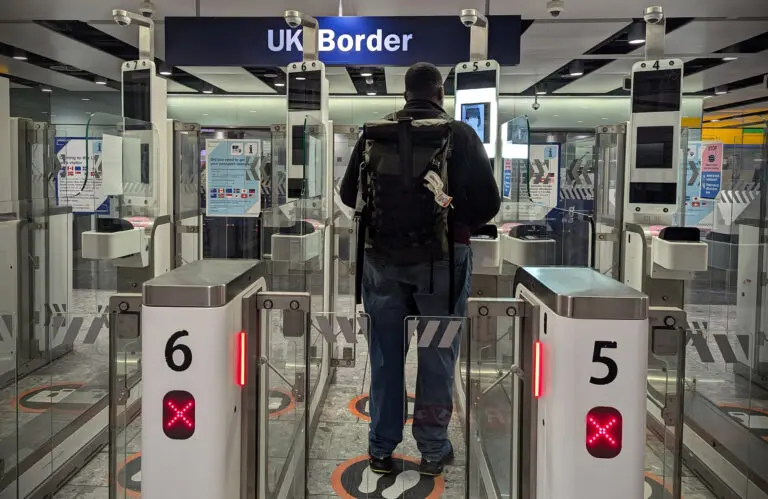The Australian Federation of Travel Agents (AFTA) has released its 2022-23 Annual Report, which it says reveals an “incredibly successful” past 12 months. But what does that mean in pure numbers?
AFTA says in its forward of the report, that the Australian Travel Accreditation Scheme (ATAS) “remains at the heart of everything we do”.
As of 31 March 2023, membership of ATAS totalled 1,124, while employees of ATAS members numbered 28,489.
By total transaction value (TTV), 57 per cent of AFTA members earn less than $1 million, 21 per cent earn $1m-$2.5m, eight per cent earn $2.5m-$5m and six per cent earn $5m-$10m. Just eight per cent of AFTA members have a TTV in excess of $10m.
Meanwhile, the report showed that women accounted for 72 per cent of AFTA member employees, 74 per cent of middle management, and 50 per cent of senior management and owners.
According to the report, the number of Australian consumers supported by AFTA members was 3.5 million (at March 2023).
Travel directly contributed $4.31 billion to the economy in 2022-23 (sourced from the ABS, TRA and ATAS).

AFTA advocacy
Financially, AFTA has returned to a “break-even position, focused on delivering real value to members while investing in rebuilding our financial position”.
Its total income in 2022-23 was $2.54 million, which almost doubled the $1.33 million it earned in the previous financial year. Expenses for the year totalled $2.47 million, which left AFTA with a positive net position of $62,896.
AFTA CEO Dean Long the report shows that the “past 12 months have again been incredibly successful”.
“We worked to ensure ATAS was fit for purpose for agents, tour operators and wholesalers. We kept our advocacy program focused on delivering meaningful outcomes for our members and their clients,” he remarked.
“For the first time in over 10 years, ‘travel consultants’ was added back onto the federal skills list, a critical first step to increasing the number of people who can work in our sector.
“We also held two high-impact events – NTIA and the inaugural Women in Travel Summit – which allowed AFTA to engage deeply with our members across all industry segments.”
Additionally, Long flagged AFTA’s “reform projects to renew our focus on fostering our sector’s growth through working together, and to continue positioning AFTA as the leading force for the travel sector”.

A vote for change
Meanwhile, AFTA will ask all full members to vote on its new constitution at its AGM on 21 June 2023.
The body released a proposed update to its constitution in March at which point it also asked for travel industry feedback.
“When we commenced the consultation on the draft constitution, the board undertook a detailed review of what the sector needs from its peak body,” Long said.
“The feedback was extremely positive and there was universal agreement that our approach was the right balance for members and a significant positive step forward.”
“This constitution, a critical milestone in our 65-year history, is now being put to members for voting on 21 June at our AGM.”
AFTA has also announced the results of its recent board elections where all six nominees – Christian Hunter, Laura Ruffles, Cinzia Burnes, Danielle Russom, Shelley Beasley and Graham Turner – were successful.
Last month, AFTA members met senior government ministers Penny Wong and Don Farrell to discuss skills support and the industry’s role in promoting sustainable and ethical travel ahead of the 2023-24 Budget.







